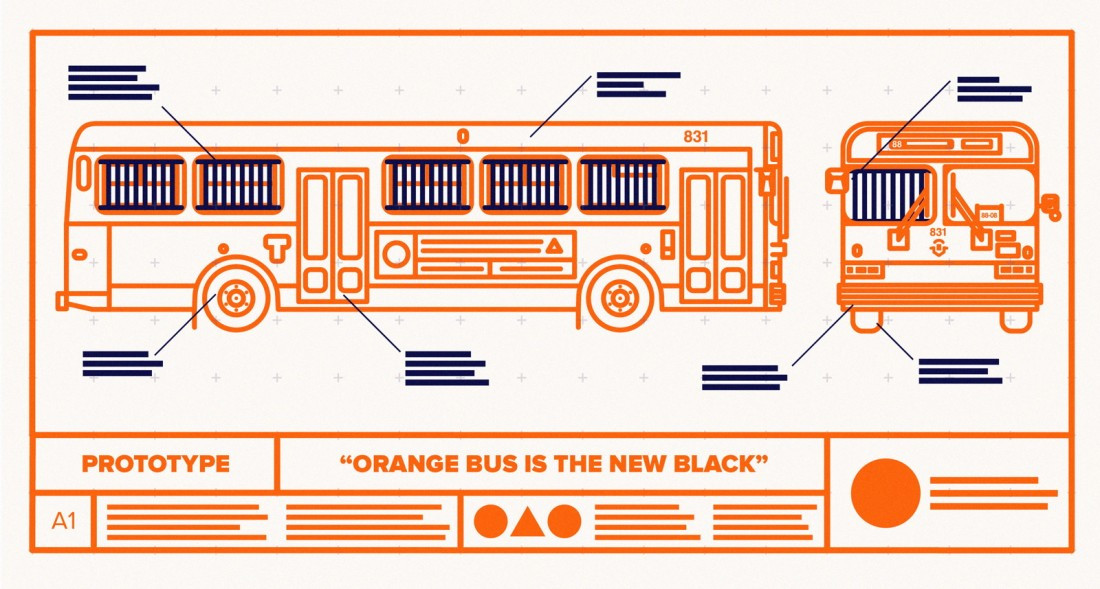Winnipeg transit’s red herring
Do we really need plainclothes police on our buses?
Winnipeg city councillor Matt Allard (St. Boniface) wants to see plainclothes police officers on Winnipeg Transit buses.
“It’s tough to say exactly how much money is being lost from underpayments on fares, but we do know a substantial amount of money is not going toward our transit office,” he told the CBC.
In order to combat the supposed scourge of fare skippers he believes having plainclothes officers hand out tickets for infractions will make up for the lost fares and reduce crime.
According to the Winnipeg Sun, the Amalgamated Transit Union Local 1505 is also on board with the idea. Union president John Callahan cited success with undercover NYPD officers in New York City subways.
However, the reported drop in transit infractions also coincides with a major drop in crime rates across the board. It doesn’t necessarily reflect the effectiveness of plainclothes spooks riding the rails.
Given the recent attention to racism in Winnipeg, and the potential for institutional discrimination, it would be best to avoid borrowing policies from a city notorious for the disproportionate criminalization of people of colour.
It doesn’t make sense from an economic standpoint either. The cost of additional staffing dedicated to combating this supposed problem would certainly outweigh any funds collected from ticketing.
Buses run regardless of how many passengers are currently on board, unless a significant portion of riders regularly evade payment it’s unlikely that the city is being burdened by the cost. Even Coun. Allard admits he is unsure how widespread the problem is. According to studies that examined Vancouver’s transit system, perception of fare evasion is worse than the actual offence.
“Periodically, the media releases articles indicating that evasion is widespread, although few of these provide specific rates of evasion supporting those assertions,” states a 2008 audit conducted by PricewaterhouseCoopers for the City of Vancouver. “These reports have the ability to affect public perception in this regard and…affect the ability of an individual to rationalize fare evasion. In contrast to the media, our findings show only moderate evasion levels.”
Over the past couple years transit fares have increased exponentially without full consultation. Maintenance backlogs and delays due to city-wide construction have frustrated riders who depend on mass transit for work.
Students and the poor and working classes are most affected by disruptions and increased costs of taking transit, and they would also likely be the ones most impacted by an increased police presence. As The Tyee reported, transit police in Vancouver regularly handed suspects over to Canada Border Services Agency. The practice created a system where bylaw infractions effectively became a deportable offence.
Cities depend on the free and fluid movement of people. Folks need to get to and from work and around town without fear of being accosted by police, ticketed for being short on change, or even worse being deported.
The ability to get around safely and efficiently is necessary to sustain the local economy, which is why our approach to transit ought to be one of inclusion and of ease, not of criminalizing riders.
Greg Gallinger is a freelance photographer, vegan food enthusiast, purveyor of half-witted commentary and reluctant
Published in Volume 70, Number 7 of The Uniter (October 22, 2015)







